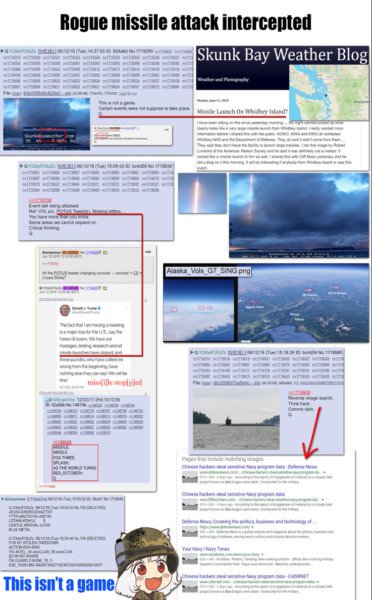QAnon shows that the age of alternative facts will not end with Trump - Columbia Journalism Review

my notes ( ? )
With more than a dozen congressional candidates appearing on ballots in November, Qanon is mainstream. While it looks like a lot of other conspiracy theories, this research provides a fascinating look at how the conspiracy's "Bakers" co-create their knowledgescape.
"QAnon doesn’t simply offer readers insider insight into current events, but also provides them the ability to take part in shaping those events through an intricate research process."
That process looks like this: Q drops almost impenetrable nonsense. "Bakers" turn these "crumbs" into "Proofs" (within the Q context), which are a kind of "Bread": worthy research offering authoritative interpretations, and "proving" Q's authenticity.
A common form of Proof: “Evidence Collages, Paint creations with lots of red arrows that look like Carrie’s conspiracy wall in Homeland. "
Several ways Bread is created:
- Q intervenes to "approve" a Proof - it becomes canon
- a thread maintainer closes & summarises the thread, including "notable" posts - anyone can nominate a post for notability, equivalent to upvoting
- multiple interpretations can be consolidated into a package - blog post, youtube video, etc. Travel widely on social, substituting for the material summarised and presenting one particular interpretation, hiding others
Some of this is analogous to knowledge management / brokerage processes. This "collaboration creates a populist expertise that provides /justifies an alternative to knowledge generated by “mainstream” institutions... constructing alternative facts", validated by the community (or Q) in an analogous way to validating mainstream knowledge through peer review. "QAnon researchers have found a means of validating their own claims in their interpretation of the world".
The result is a pre-existing body of "validated" knowledge which provides a coherent, "proven" framework for understanding (what is really happening in) the world, where "secretly buying kids from a discount furniture site is perfectly logical".
This is community-driven fan fiction: "dark participatory culture" for what members believe to be very serious political participation.
This poses an issue for "media literacy programs, which attempt to empower individuals by teaching them to “think critically,” “do their own research,” and evaluate their sources.", which is what Bakers do, and use to defend their work's validity. Media literacy "isn’t a meaningful check against conspiratorial thinking—in fact, it may contribute to it."
Read the Full Post
The above notes were curated from the full post www.cjr.org/opinion/qanon-trump-alternative-facts.php.Related reading
More Stuff I Like
More Stuff tagged disinformation , qanon , conspiracy , us2020 , community , media literacy , participatory culture , participation , knowledge management , arg
See also: Content Strategy , Online Strategy , Online Community Management , Social Media Strategy , Digital Transformation , Personal Productivity , Innovation Strategy , Disinformation in the US 2020 elections , Psychology , Social Web , Media , Politics , Communications Strategy , Business